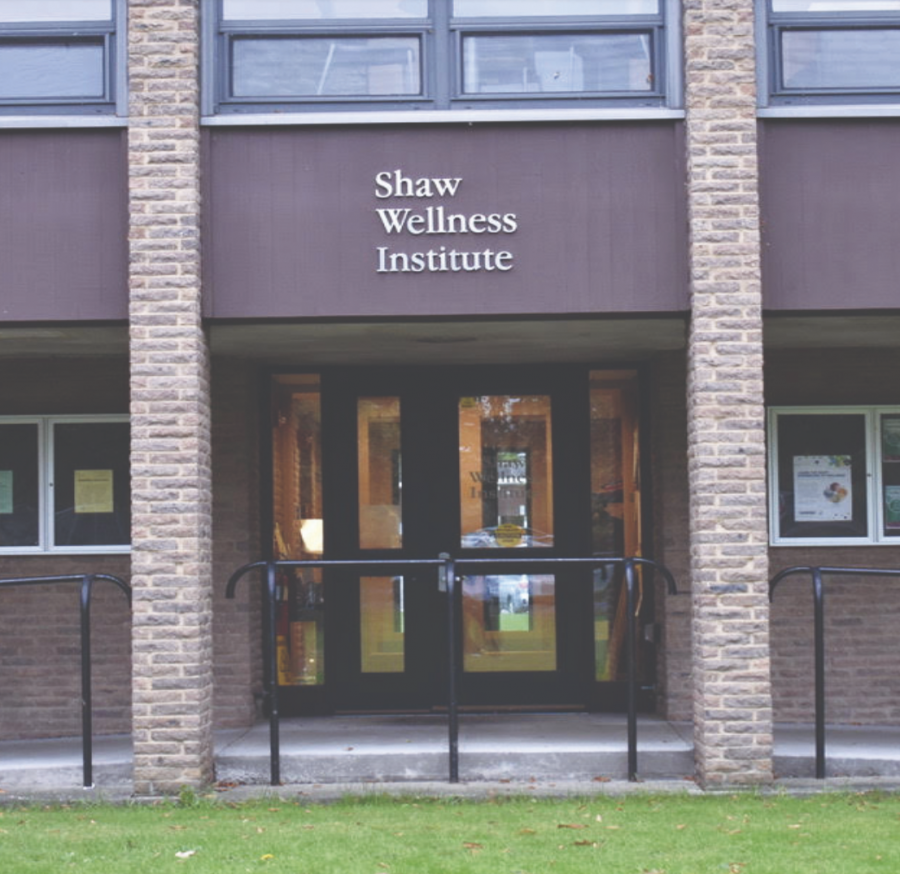Office of the Dean Addresses Campus Alcohol Use
Dean of the College Paul McLoughlin sent a campus-wide email to the student body Sunday, September 22 regarding the use and abuse of alcohol on Colgate’s campus. In the first paragraph of the email, Dean McLoughlin referenced multiple hospitalizations due to “acute alcohol poisoning” since the start of the Fall 2019 semester. McLoughlin highlighted that many students choose to refrain from alcohol use on the Colgate campus.
Sophomore Mandy Duncan said she feels there are many opportunities to have fun on campus, unrelated to alcohol use.
“There are many activities on campus both during the week and on weekends that do not involve the consumption of alcohol. For example, I am a part of Charred Goosebeak, the campus improv group, and we hold shows every few weekends on Saturday mornings that are a ton of fun,” Duncan said.
McLoughlin believes that i tis time for the Colgate student body to take a step back and reconsider their relationship with alcohol.
“We invite you to recommit to a culture that is healthy and safe. Do not accept dangerous behaviors as normal or acceptable,” McLoughlin said.
The email highlighted resources on campus that help students stay safe, which includes Colgate’s Good Samaritan Policy, a form of Medical Amnesty. The policy establishes that if a student believes that he or she, or his or her friend, has surpassed their safe limits of alcohol or drug consumption, that person can call medical help without receiving disciplinary points for their behavior, according to the Student Conduct Handbook.
However, in using the Good Samaritan Policy, students are subsequently required to meet with three University staff members, including the Coordinator of Alcohol and Drug Education, the University’s Disciplinary Officer and the Director of Student Health Services.
Sophomore Sukriti Kalra expressed confusion as to why this email was sent so early in the school year.
“The email was very surprising because I was unaware that any students had been taken to the hospital due to alcohol-related injuries,” Kalra said.
McLoughlin and the rest of the faculty are unsure as to why this message came as such a shock to the student body.
“Was it, for instance, because we sent the message at all? Or, because they weren’t aware that there had been a number of dangerous cases of alcohol poisoning?” McLoughlin questioned.
McLoughlin lists multiple resources in the body of the email for students to turn to for alcohol help or concerns; these resources include Shaw Wellness Institute, Student Health Services or Counseling and Psychological Services. With those amenities and McLoughlin’s message in mind, students are better equipped to commit themselves to cultivating a healthier environment.
Students who decide to drink are encouraged to do so responsibly and in moderation.











